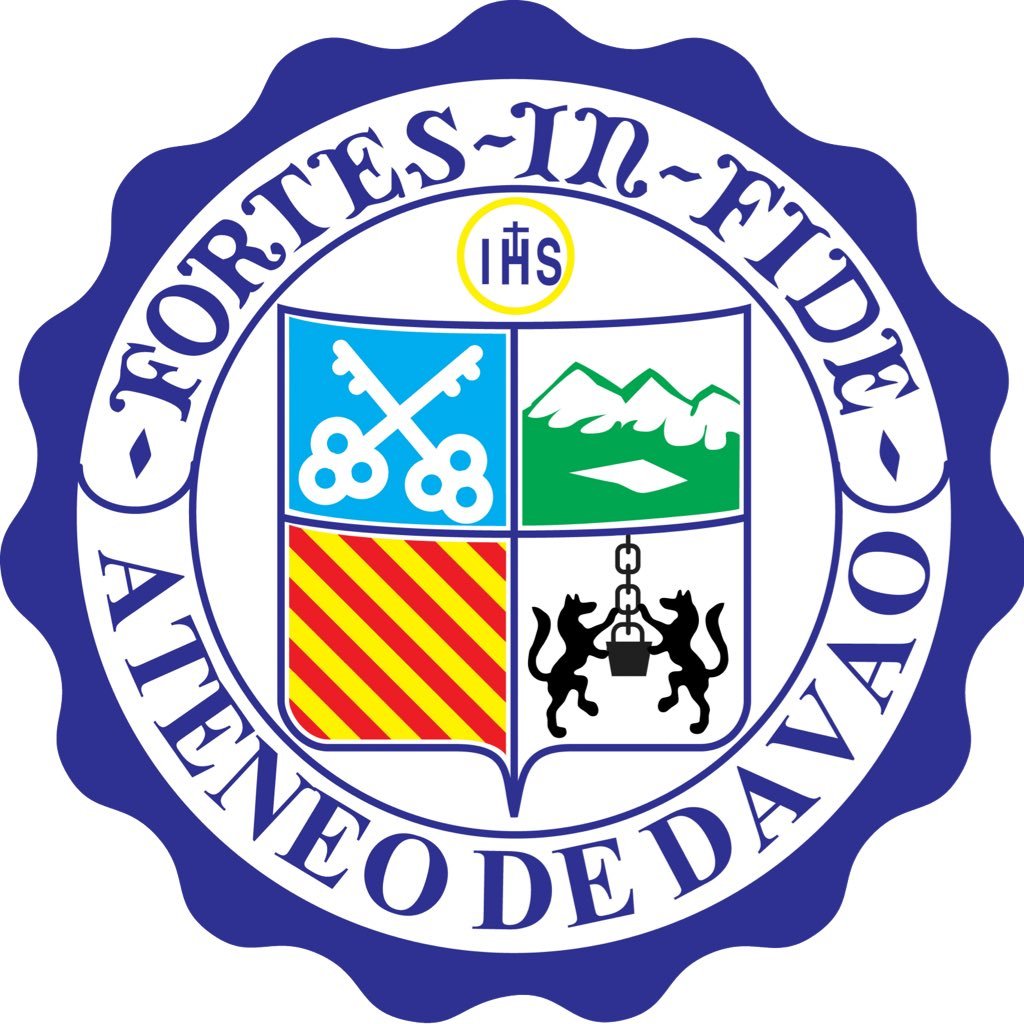DEPARTMENT OF ANTHROPOLOGY
The Anthropology Department at Ateneo de Davao University
Founding and Early Years (2011-2012)
The Anthropology Department at Ateneo de Davao University began its mission in 2011, fulfilling the vision of becoming Mindanao’s hub for anthropological research and education. Preparations for the department’s formation were led by the late Ms. Leah H. Vidal, PhD, and Ms. Maricel Hilario-Patiño, MA, who were later joined by a dedicated faculty including Atty. Augusto B. Gatmaytan, PhD, Ms. Rosalinda C. Tomas, PhD, and part-time faculty member Br. Carlito M. Gaspar, CsSR, PhD.In June 2012, the department introduced its Master of Arts in Anthropology program, establishing a tradition of rigorous academic exploration and scholarly dedication to the field. Dr. Vidal proudly served as the founding chair until 2020.
Milestones and Transitions (2017-2019)
2017 was a year of both celebration and transition. The department produced its first Master of Arts in Anthropology graduates, including Marites Gonzalo, MA, and Richard Belar, MA. Ms. Hilario-Patiño’s departure that year was filled in by Fr. Ulysses Cabayao, S.J., MAnthAdv, assuming a full-time faculty role.The department’s commitment extended to its exceptional alumni, with Sheila Z. Labos, RN, MA, joining as a part-time faculty member in 2018 and Albert J. Santos, MA, taking on a full-time position in 2019.In 2019, the Anthropology Department expanded into undergraduate education, offering the “Mindanao Indigenous Peoples” elective. Initially designed by Dr. Gatmaytan and taught by Fr. Cabayao and Mr. Santos, this course provided students with hands-on anthropological fieldwork experience.
Undergraduate Program and Pandemic Challenges (2020-2021)
The MIP course’s popularity sparked the department’s initial plan to offer a minor in anthropology, addressing clear undergraduate interest. However, this plan evolved when Fr. Cabayao revived a previously shelved proposal for a full Bachelor of Arts in Anthropology, specializing in Indigenous Peoples Education. With the support of Dr. Vidal, he finalized the curriculum for the new undergraduate program, which was eventually approved by the AdDU Board of Trustees in March 2020 and later by the Commission on Higher Education (CHED).Despite the challenges of the COVID-19 pandemic, the Bachelor of Arts in Anthropology program welcomed its first cohort by June 2020, thanks in part to generous scholarships from the University President. The inaugural class included ten first-year students and two transferees from other courses. To provide fieldwork experience for the students, the department adapted by finding local fieldwork sites in Barangay Demoloc in Malita, Davao Occidental, and Barangay Miarayon in Talakag, Bukidnon.In 2021, Gwyneth Marie M. Vasquez and Fr. Cabayao founded the Mindanawon Anthropological Society of the Ateneo (MASA), providing a vibrant student community for anthropology undergraduates.
Recent Developments and Curriculum Revisions (2023-2024)
2023 marked the graduation of the department’s first BA Anthropology student, Ms. Vasquez, who achieved remarkable distinctions as summa cum laude, AdDU Valedictorian, and Jesuit Mission Awardee. She was eventually recruited as a research assistant and part-time faculty member.To prioritize focus and in consideration of available resources, Dr. Tomas, the incumbent chair, led the streamlining of the original multi-track BA Anthropology program and shifted focus to the BA Anthropology-Academic Research Track.By April 2024, a revised curriculum for the BA Anthropology program was proposed. The courses were realigned based on University priorities, and Anthropology electives were updated to ensure flexibility and responsiveness to contemporary concerns.
ATENEO INSTITUTE OF ANTHROPOLOGY (AIA)
In June 2011, during his Inaugural Address titled “Coming Together to Move Forward,” Fr. Joel E. Tabora SJ, then incoming University President, proposed an ambitious vision for Ateneo de Davao University: to establish it as the center for anthropological instruction and research in Mindanao. With this goal in mind, he gave the green light for the creation of the Ateneo de Davao University Institute of Anthropology (AIA) in November 2011.
The AIA serves as a vibrant hub for anthropological scholarship, aiming to deepen public understanding of the rich and diverse cultures that thrive in Mindanao. Since its full operational launch in 2012, the institute has made significant strides:
- Research Impact: The AIA has produced 12 major academic and policy studies. Six of these were funded by the University Research Council, while the remaining six were commissioned by external organizations. These studies delve into critical issues, shedding light on the complexities of Mindanao’s cultural landscape.
- Community Engagement: Beyond academia, the institute actively engages with local communities. By addressing locally relevant development challenges, it fosters meaningful partnerships. Through ethnographic research and collaboration, the AIA contributes to sustainable solutions.
- Education and Training: The AIA offers a robust graduate degree program—the Master of Arts in Anthropology. This program equips students with the analytical tools and critical thinking skills needed to tackle community and development issues. Graduates emerge as informed agents of positive change, contributing to Mindanao’s growth.
The Ateneo de Davao University Institute of Anthropology stands as a beacon of knowledge, bridging theory and practice. By celebrating diversity and promoting anthropological insights, it plays a vital role in shaping a more informed and respectful society.
